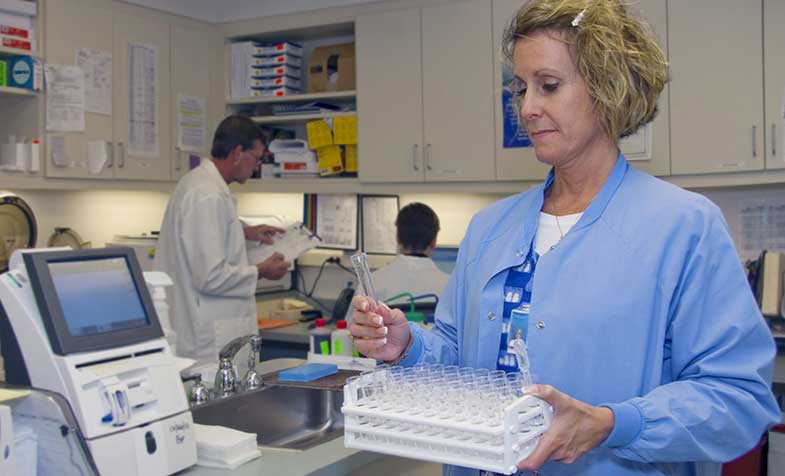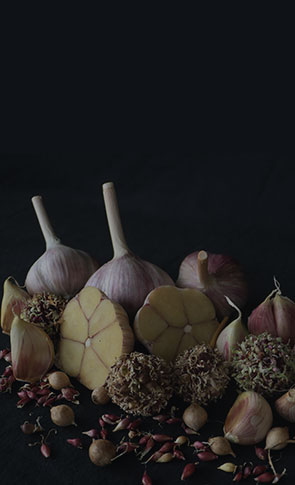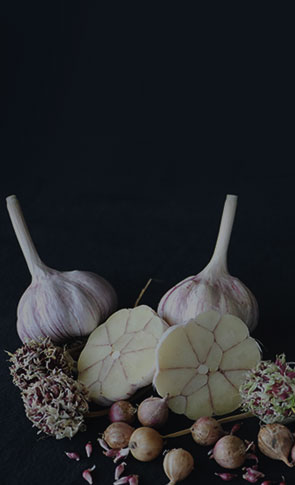Cardiovascular
As of 2016, clinical research found that consuming garlic produces only a small reduction in blood pressure (4 mmHg), and there is no clear long-term effect on hypertension, cardiovascular morbidity or mortality. A 2016 meta-analysis indicated there was no effect of garlic consumption on blood levels of lipoprotein(a), a biomarker of atherosclerosis.
Because garlic might reduce platelet aggregation, people taking anticoagulant medication are cautioned about consuming garlic.
Cancer
A 2016 meta-analysis of case-control and cohort studies found a moderate inverse association between garlic intake and some cancers of the upper digestive tract. Another meta-analysis found decreased rates of stomach cancer associated with garlic intake, but cited confounding factors as limitations for interpreting these studies. Further meta-analyses found similar results on the incidence of stomach cancer by consuming allium vegetables, including garlic. A 2014 meta-analysis of observational epidemiological studies found that garlic consumption was associated with a lower risk of stomach cancer in Korean people.
A 2016 meta-analysis found no effect of garlic on colorectal cancer. A 2014 meta-analysis found garlic supplements or allium vegetables to have no effect on colorectal cancers.
A 2013 meta-analysis of case-control and cohort studies found limited evidence for an association between higher garlic consumption and reduced risk of prostate cancer, but the studies were suspected as having publication bias.
Common cold
A 2014 review found insufficient evidence to determine the effects of garlic in preventing or treating the common cold. Other reviews concluded a similar absence of high-quality evidence for garlic having a significant effect on the common cold.
Other uses
The sticky juice within the bulb cloves is used as an adhesive in mending glass and porcelain. An environmentally benign garlic-derived polysulfide product is approved for use in the European Union (under Annex 1 of 91/414) and the UK as a nematicide and insecticide, including for use in the control of cabbage root fly and red mite in poultry. Garlic has antioxidant and anti-inflammatory properties, which give it great therapeutic potential against a number of diseases.
Source: Wiki








Recent Comments